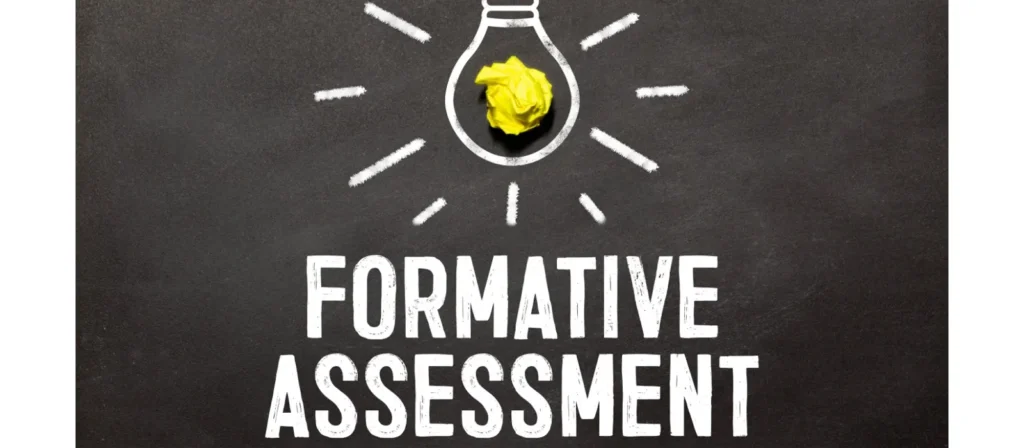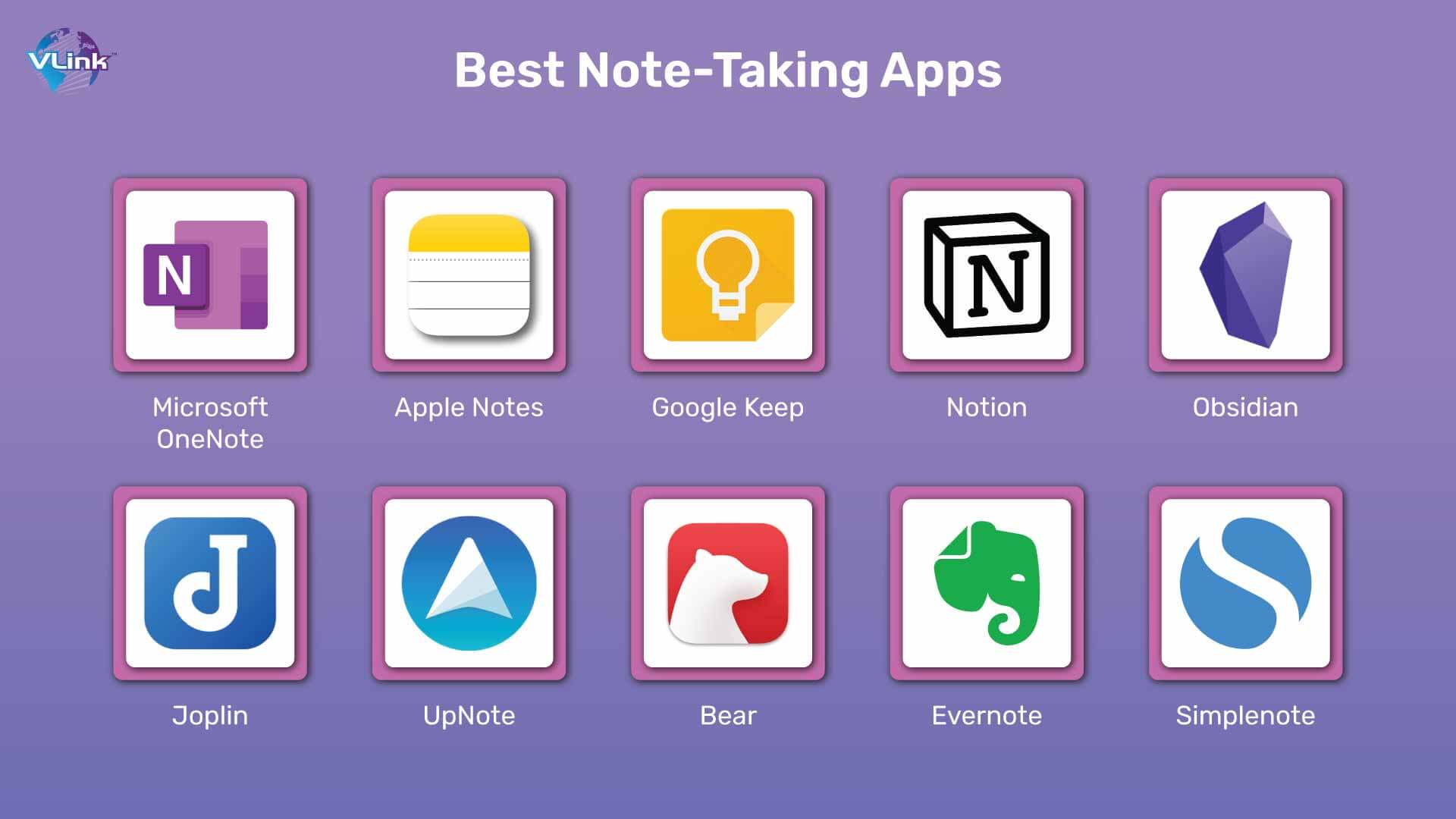The Power of Presence These days, students’ minds are often pulled in many directions at once. They arrive at school with a mix of worries, excitement, and distractions, making...
The Challenge of a Wandering Mind The ability to concentrate is a valuable skill for students, professionals, and anyone who wants to learn more effectively. While some people seem...
The Power of Purpose The start of a new school year is full of potential. For many students, it brings a fresh sense of determination to do better. For...
The Power of a Strong Start A lesson’s first few minutes are critical. They set the tone, grab students’ attention, and get their brains ready to absorb new information....
The Weight of Expectations Academic pressure has become a significant source of stress for many students. Driven by a competitive college admissions landscape and the desire to meet high...
More Than Just a Desk We all know the feeling of trying to study but getting easily distracted. The environment around us has a profound impact on our ability...
The Power of Real-Time Feedback Think of the difference between a final exam and a practice quiz. The final exam, or summative assessment, measures what a student has learned....
The Evolution of Note-Taking Note-taking is a fundamental skill for every student, but the tools we use have evolved far beyond pen and paper. Today’s students have access to...
Fueling the Mind for Success What we eat has a direct and significant impact on how our brains perform. For students, a well-planned lunch is not just a break...
Beyond the Rule Book Classroom management is often seen as a list of rules and consequences. While those have a place, experienced educators know the real secret to a...










